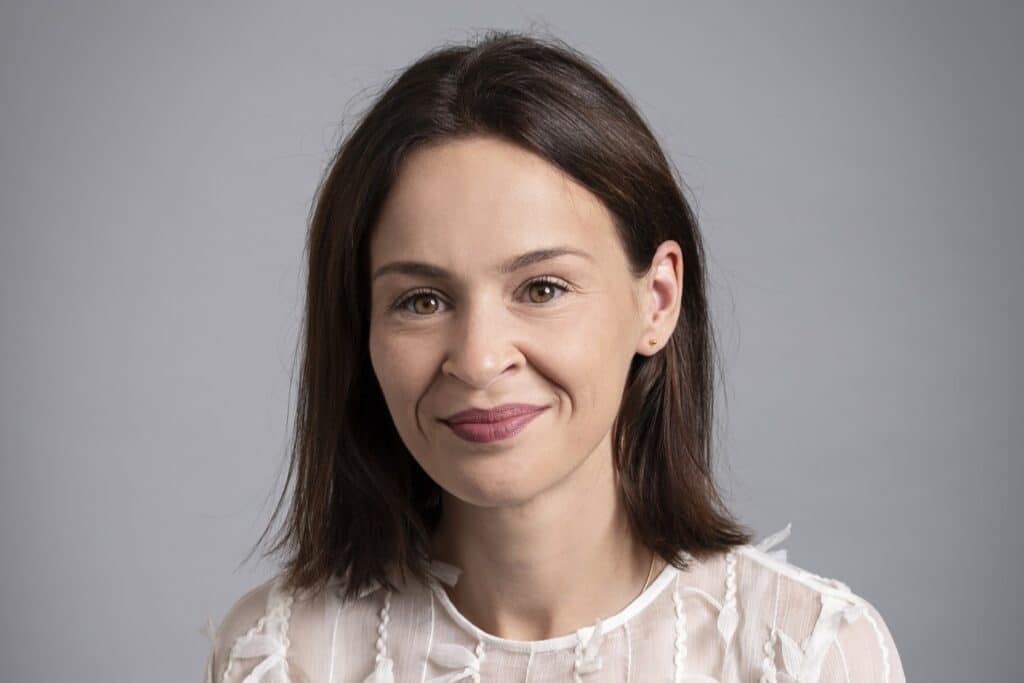Australia is in the midst of a national debate about the sort of future that we want to have as a nation.
A successful Yes vote for a Voice to Parliament will be a force for good for Aboriginal and Torres Strait Islander peoples. It will be a critical step towards a reconciled Australia. And it will mean that we finally recognise the truth of our past.
The announcement today, that the Liberal Party will oppose this reform, has made this task harder. Historically, bipartisan support for constitutional amendments increases the chance of success at a Referendum.
If we don’t have bipartisanship, that makes it even more important for allies to step up. This is an individual movement that goes beyond politics and political parties, this is a chance for us, as individuals, to take an educated stand and make history.
But as we get closer to the Referendum, I am hearing a real reluctance from non-Indigenous people to have a say on this issue.
For many non-Indigenous people, it feels counter-intuitive, and even uncomfortable, that they will vote on a reform that is designed so that the Australian Government can make policies with Aboriginal and Torres Strait Islander people, rather than for Aboriginal and Torres Strait Islander people.
What’s more, how should non-Indigenous people respond when there is disagreement between vocal parts of the community?
Of course, First Nations Communities do not have a homogenous view on the Voice. We are a diverse group and have different opinions on how we want to advance.
But First Nations people do overwhelmingly support the Voice. About 80% of us in fact.
It can feel like the right thing to do to step out of the conversation. After all, good allies are taught to use their privilege to amplify the voices of marginalised groups, not speak for them.
Allies are taught to make space for marginalised groups and then step back and let them lead the way.
But with a referendum we can’t step back. We all have an obligation to vote. We all have an obligation to make an informed decision on the Voice. We cannot simply defer to First Nations voices. We need to listen to those voices, those diverse voices, and make up our own minds.
Making a decision on behalf of a group to which you don’t belong can feel uncomfortable and contrary to good allyship. But this isn’t FOR us, it’s WITH us.
One thing we learnt from the same-sex marriage plebiscite is that a national debate on a sensitive issue can cause real harm and division in our communities. We cannot risk repeating this mistake with the Aboriginal and Torres Strait Islander Voice to Parliament. The stakes are high, and we must ensure that the debate is conducted in a respectful and informed manner.
Gari Yala told us that First Nations people already experience cultural load at work. And with the Voice Referendum, Indigenous peoples will feel the cultural load both at work and in the broader community, and they will feel the burden of having to explain their position to others.
We can lighten that load by educating ourselves on what is the Voice, what is being proposed, what does it mean for us? It is not the responsibility of First Nations people to educate you on the Voice.
DCA’s recent research found that good allies do the work to educate themselves, others, and their organisation, rather than relying on culturally and racially marginalised women to shoulder the burden of always educating others.
There is an ever-increasing number of resources available for you to drive your own learning. Employers can play a key role in supporting First Nations staff – no matter what their personal views on the Voice – and supporting employees to engage, to learn and to listen before they vote.
The Voice doesn’t just benefit First Nations peoples and Communities, it benefits Australia. We all benefit from the richness that comes from inclusion and the perspectives that our 60,000 years of continuous culture brings.
I support the Voice because I believe it’s a once in a lifetime opportunity to make intergenerational change.
I believe the Voice will be part of the journey, not the final destination, to reconciliation and Treaty. I believe that it will empower my Community to influence policies that most affect them and close the gap of inequality.
All the statistics show us that the status quo isn’t working, we need to try something different and the Voice gives us that opportunity.


